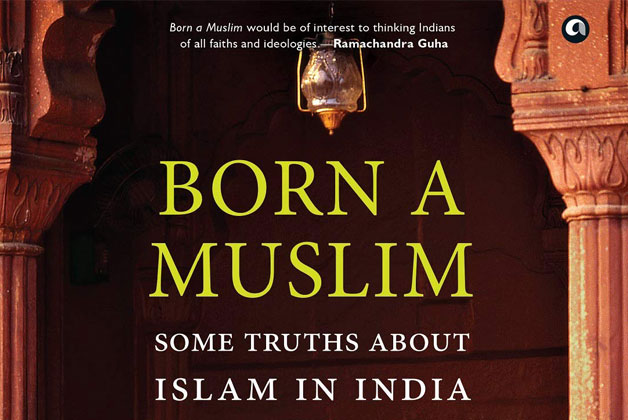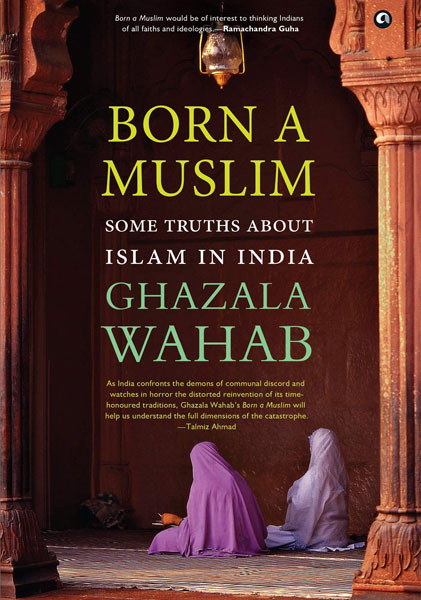

Amidst the new literature that has emerged on the condition of Muslims in New India, is a recent book titled Born a Muslim. Written for all Indians who care about India and its future, the book takes a journalistic journey across centuries, unraveling the various ways in which Islam grew, reached India and defined a certain political identity that now is under severe threat. At a book discussion organised recently in Hyderabad the author Ghazala Wahab spoke about her reasons for writing this book. The discussant panel comprised Amitabh Kundu , Tanweer Fazal, Ipsita Sapra, Zafar Anjum and Ruha Shadab, a mix of eminent academics and young public intellectuals.
Wahab reiterates the all so familiar plot of Muslims being outsiders that gained momentum post the partition in 1947 and have continued to evolve with each communal riot and hate crime. Muslims who decided to stay back in India post the creation of Pakistan were cast as the ‘other’ and subject to suspicion. This narrative of the ‘baharwaley’ has made Indian Muslims vulnerable to hate crimes, prejudices, and the constant need to prove their loyalty to the nation.
This entrenched belief has now shifted to the notion of Hindu victimhood, occupying the centre stage of populist politics. The portrayal of Muslim rulers as historical oppressors of Indian land, economy and the Hindu Population has garnered much support through fake stories and concocted theories. Between defending the charges of being outsiders and accusations of victimising Hindus, the Muslim community can now be seen categorized clearly into two significant buckets. On the one hand, there is the Muslim stereotype that exists in all popular literature, the version that wears a particular kind of clothes, eats biryani and produces many children. While on the other side, the vast majority of mainstream Muslims, who cannot be differentiated on the basis of their identity, do exist, but their depiction is virtually absent or minimal. There needs to be engagement with this section so that the clichéd identity of Muslims is not cemented further.
Read more:https://www.siasat.com/born-a-muslim-in-india-the-present-and-the-future-2114686/
